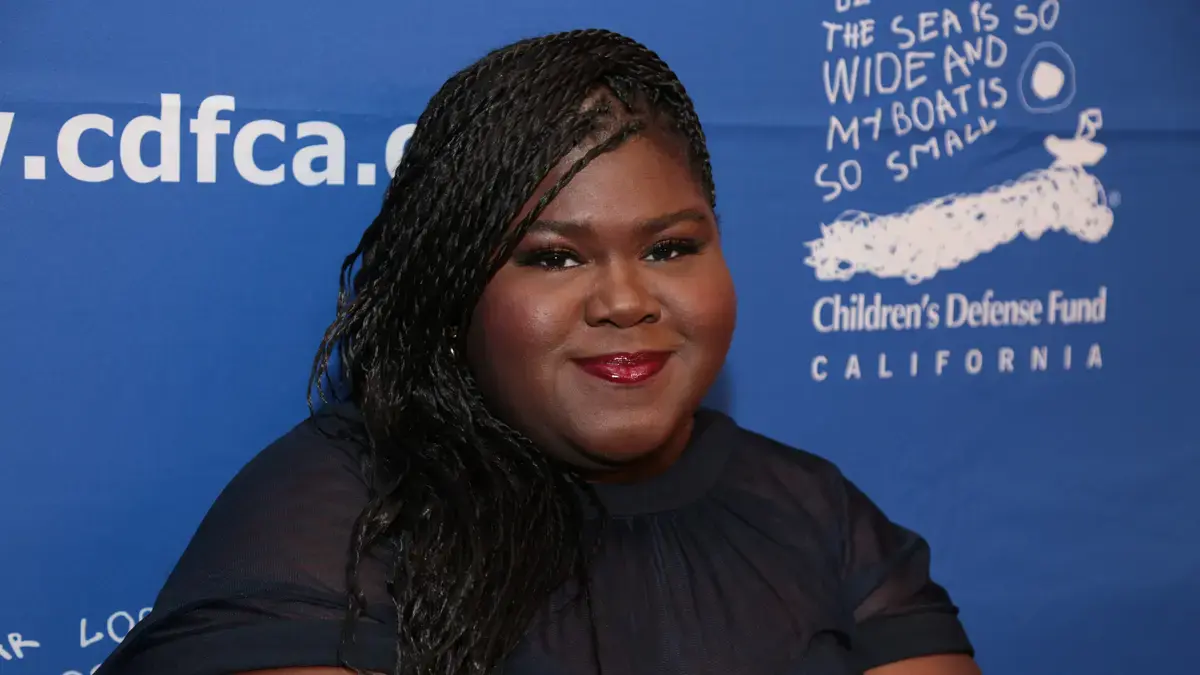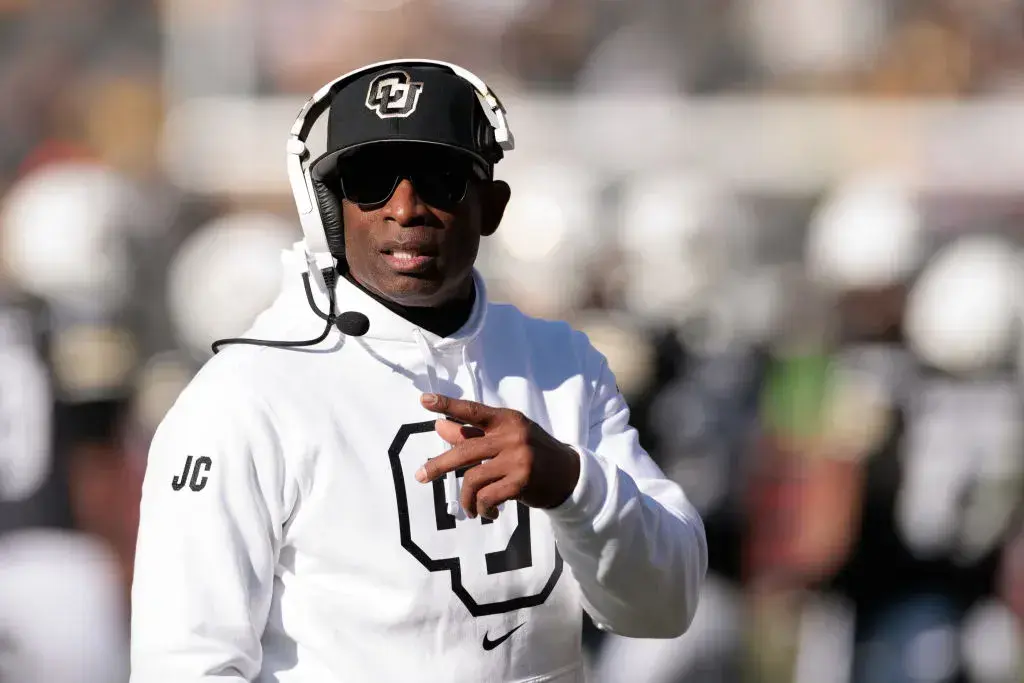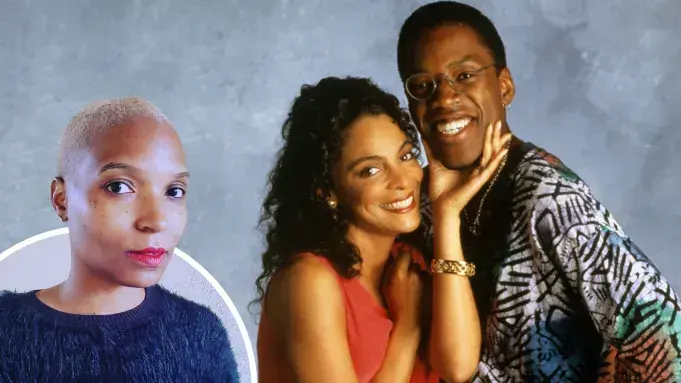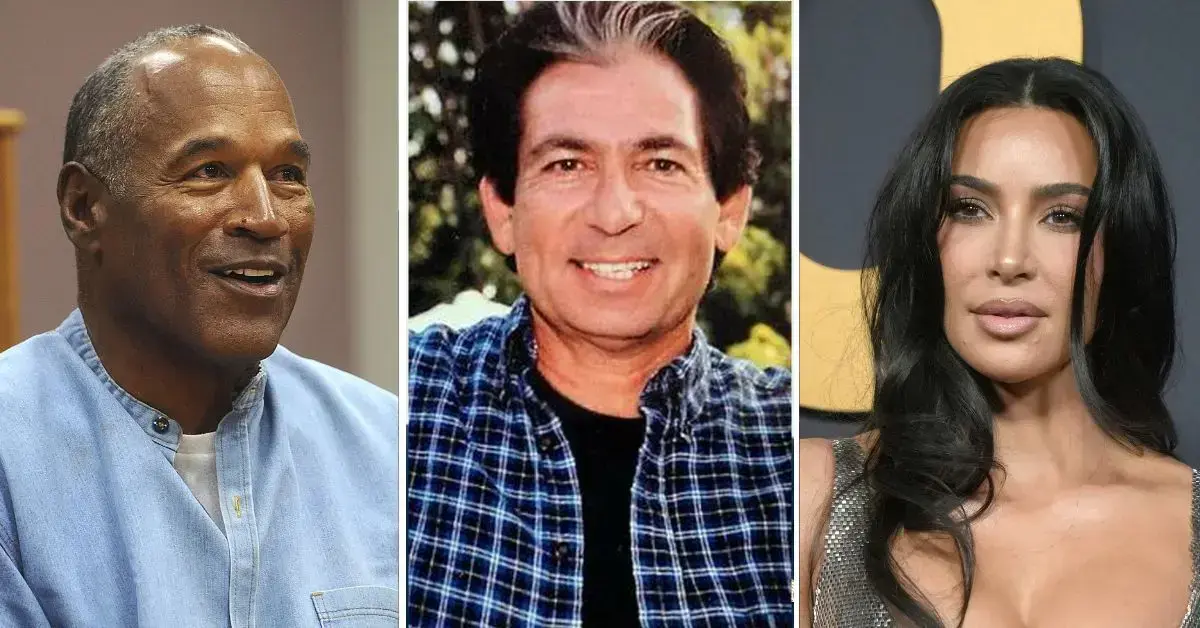BY: Walker
Published 1 year ago

Robin Quivers is opening up about a private battle.
via: Vibe
The Howard Stern Show co-host opened up about the experience in a conversation with People.
The 71-year-old first discovered something was wrong in 2012 when she was at a friend’s wedding. Upon going to the emergency room, the staff discovered a large mass in her pelvic area and urged her to see a doctor when she returned home. She took several MRIs, CT scans, and biopsies but none of them determined what exactly was going on.
“It was painful, it was scary, it was bizarre,” she said in the exclusive interview published on Friday (Oct. 27). “Nobody was able to diagnose it. They told me, ‘We really don’t know what this is. We can’t identify it without going in and getting it.” Finally, after surgery, doctors found that the mass was connected to every organ in her pelvic area and she needed to get a hysterectomy. “It was hours of meticulously scraping off layers of tissue and not destroying [whatever] organ it had been touching,” she recalled.
Robin Quivers finally learned that she had endometrial cancer after weeks of waiting for test results and getting an entirely new team of doctors. Coincidentally, per the American Cancer Society, about 66,000 women are bound to be diagnosed with that same disease, thus making it the most common gynecological cancer in the United States.
Eventually, she was pronounced cancer-free but had an unfortunate relapse in December 2016. Not only that, but the cancer had leaked onto her lymph nodes. “It’s never been a huge problem,” she said about living with the ailment. “When it’s shown some growth, then we have to manage that.”
Fast forward to today, Quivers still attends immunotherapy infusions all while maintaining her career. “I feel fine. It’s been 11 years of dealing with this — and I’m still here,” she said. “I’m interested in everybody having a fuller life, more options, and knowing what’s possible.”
While Robin Quivers has made several changes to live with her endometrial cancer, she still travels often. Though it has become second nature for her, she does find difficulty explaining it to people. “That’s a very hard thing to do, to describe my health these days,” she said. “When you’re in and out of treatment, you’re always recovering and trying to get back to where you were.”









